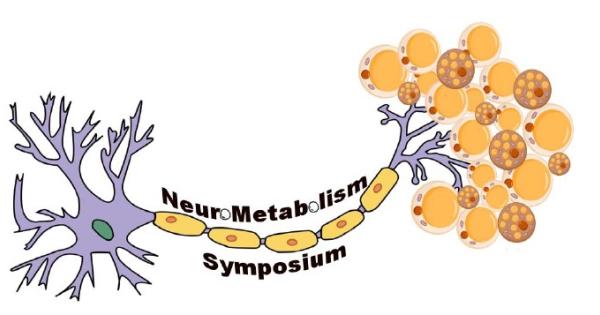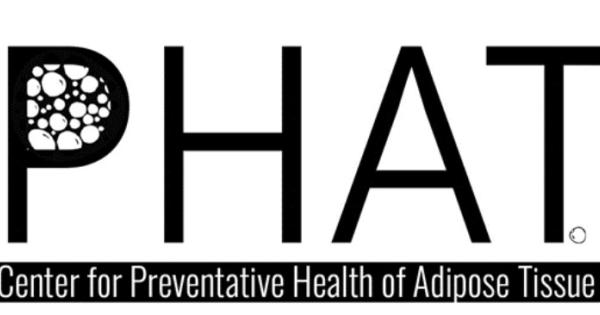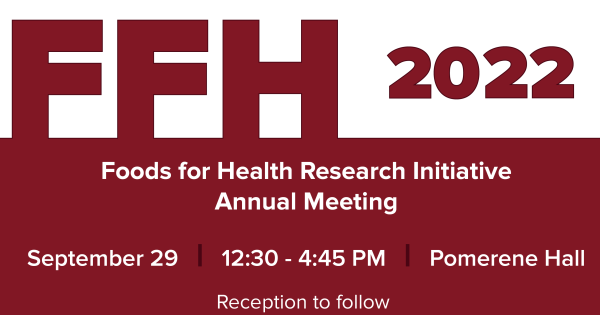Students are welcome to attend and present a relevant poster. Three $100 Amazon gift cards will be awarded to the top poster presentations.
| 8:30 | | Registration Opens
(light breakfast available) |
| 9:00 | | Welcome & Keynote
Dr. Alan Spector, Florida State University |
10:10 | | Neurobiology & Ingestive Behaviors Panel
Drs. Susan Travers, Lihua Ye, George Kyriazis |
| 11:40 | | Lunch and Poster Browsing |
| 12:45 | | Food Composition and Sensory Nutrition Panel
Drs. Chris Simons, Colleen Spees, Chris Taylor, Devin Peterson |
| 2:45 | | Next Steps and Funding Opportunity Announcement |
| 3:00 | | Poster Competition and Networking
(light refreshments available) |
Coffee breaks provided throughout agenda
Abstracts
Keynote:
Food Intake is Only the Outcome of Behavior: Using Food Choice and Detailed Eating Analysis to Understand the Nutrition-Related Effects of Alimentary Tract Manipulations
Dr. Alan Spector
Nutrition depends on what and how much someone eats. But total food intake is only the outcome of behavior. It is through the acts of eating that the brain is able to meet the body’s nutritional and energetic needs. Thus, the patterns of eating, and the food choices made, represent a read-out of central nervous system processing. I plan to tell two stories from work in my laboratory that reveal the significance of detailed analyses of ingestive behavior in the context of multiple food choices in a rat model. The first story focuses on the effects of gastric bypass and the second story focuses on the effects of lingual gustatory nerve transection. In both cases, the functional consequences of these manipulations of the alimentary tract on meal patterns, food selection, and relative macronutrient intake will be discussed. I hope to demonstrate the utility of this approach as applied to a variety of experimental designs aimed at understanding the controls of nutrient intake.
Panel Session 1: Neurobiology and Ingestive Behaviors
Taste Responses to Sugars in the Absence of Canonical (T1R) “Sweet” Receptor
Dr. Susan Travers
Sweet taste is a potent stimulus for motivating eating. There is strong evidence that the T1R2/T1R3 heterodimer, found in taste buds, is a major receptor for this gustatory quality. However, in the two decades since the discovery of T1Rs, evidence has mounted for a contribution of alternative mechanisms, in particular for sugars. Mice lacking T1Rs continue to show preference for these stimuli, principally in lengthy testing sessions where post-ingestive reward signals from the GI tract and circulation can have an effect. We used T1R double knock-out mice to determine the characteristics of T1R-independent sugar responses in the brainstem. As predicted, there was a dramatic reduction in sucrose, glucose, and fructose-evoked neural activity in mice without T1Rs. In contrast to wild-type mice, no neurons were activated selectively by sugars. Nevertheless, some responsiveness to these stimuli remained. Surprisingly, pharmacologic block of the sodium-glucose transporter (SGLT), a proposed alternate mechanism for sugar taste, did not reduce T1R-independent sugar responses. Moreover, it was noteworthy that these responses prominently occurred in neurons that acids and salts also activated. Significantly, the relative efficacy of different sugars for evoking neural activity in the T1R-deficient knock-outs contrasted with their behavioral effectiveness in eliciting immediate licking in wild-type mice, a measure of taste-driven preference. Although it seems unlikely that these T1-independent responses evoke a “sweet” perception, we propose that the taste sensation that they give rise to can serve as cue for learning a preference when associated with post-ingestive reward signals
Intestinal sweet taste receptors (STR) in mice and humans
Dr. George Kyriazis
Intestinal sweet taste receptors (STR) are involved in regulating enteroendocrine responses to the consumption of sugars and artificial sweeteners. Nevertheless, the precise short-term and long-term physiological implications of these STR-mediated responses remain uncertain. Recent findings indicate that disruptions in STR function may be linked to the development of metabolic diseases. In this seminar, we will explore the influence of intestinal STR in governing post-meal glucose absorption and its potential impact on human physiology and metabolic diseases.
Enteroendocrine cells: the interface between diet and gut microbiota
Dr. Lihua Ye
The intestine harbors complex and dynamic gut microbial communities that are critical in modulating host metabolism and physiology. Within the intestine epithelium, specialized sensory cells called enteroendocrine cells (EECs) sense the intestinal nutrient signals and transmit such information to the vagal sensory neurons. Through the EEC-vagal circuitry, nutrient and dietary information can be directly transmitted to the brain. Recent studies revealed that EEC-vagal circuitry is critical in regulating feeding behavior and metabolic homeostasis. How gut microbiota regulates enteroendocrine cell function remains unclear. Using the zebrafish model system, we discussed that, on the one hand, the nutrient-sensing EECs’ maturation and nutrient-sensing capacity are promoted by commensal microbiota colonization. On the other hand, a specialized EEC subgroup directly senses bacterial signals and transmits the microbial information to the hypothalamus to regulate feeding behavior.
Panel Session 2: Food Composition and Sensory Nutrition
Flavor Chemistry: a key driver of food intake
Dr. Devin Peterson
Context: Intrinsic and Extrinsic Factor Influencing Food Reward and Choice
Dr. Chris Simons
Intrinsic and extrinsic contextual cues shape expectations of food quality and eating experiences. This talk will discuss our research assessing the impact of context on food liking and food choice.
Title TBA
Dr. Colleen Spees
Title TBA
Dr. Chris Taylor









